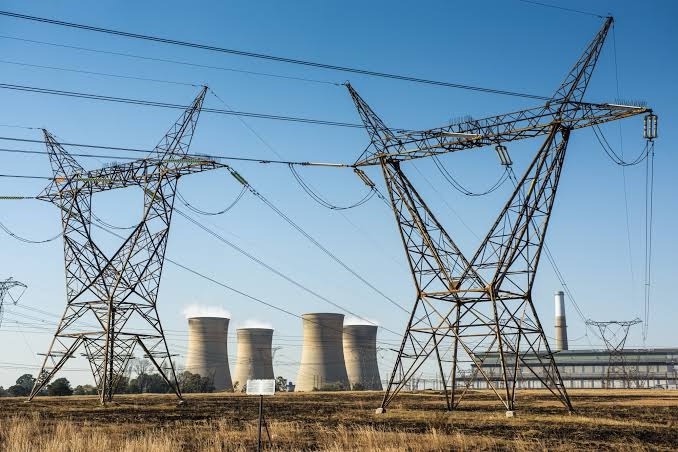
By KEDIBONE MOLAETSI
The National Council of Provinces (NCOP) has approved the Electricity Regulation Amendment Bill, the General Intelligence Laws Amendment Bill and four other pieces of legislation during its last plenary session of the sixth term of Parliament this morning.
The NCOP chairperson, Amos Masondo said the Electricity Regulation Amendment Bill aims to provide for additional electricity generation capacity and infrastructure, establish the duties, powers, and functions of the Transmission System Operator SOC Ltd.
Masondo said it also aims to provide for an open-market platform that allows for competitive electricity trading, among others.
“It further aims to amend the regulatory framework for the electricity industry in response to prevailing conditions in the South African electricity power system and the Department of Public Enterprises’ Roadmap for Eskom in a Reformed Electricity Supply Industry of 2019.
“The House also passed the General Intelligence Laws Amendment Bill which seeks to clarify and introduce new definitions of various national security concepts and terminology relevant to the amendments in the Bill,” he said.
Masondo further said, the Bill also introduces a robust two-step authorisation process for bulk interception, which requires authorisation within the intelligence service and an independent judicial review. He added that this will ensure that interceptions are conducted within the boundaries of the law based on genuine security concerns.
“Other bills that the House passed this morning are the National Water Resources Infrastructure Agency Bill, which seeks to ensure a sustainable, equitable and reliable water supply from national water resources infrastructure, while meeting constitutional obligations, including national and regional social and economic objectives of national policy.
“Another one is the Marine Pollution (Prevention of Pollution from Ships) Amendment Bill, which aims to improve existing regulations to protect our oceans from ship-related pollution,” said Masondo.
He said it aligns with the International Convention for the Prevention of Pollution from Ships (MARPOL). Masondo said it includes, among others, proper stowing, handling, and transfer of toxic waste, the disposal of hazardous waste like cleaning agents, and reducing air pollution from ships.
“Another Bill is the Transport Appeal Tribunal Amendment Bill. The Bill amends the Transport Appeal Tribunal Act by amending certain definitions and aligning the Act with developments since the Act was enacted. The Bill also empowers the Transport Appeal Tribunal to take appropriate steps in cases where its rulings are not implemented or effected timeously,” he said.
Masondo said it empowers the tribunal to investigate delays in the completion of its proceedings and allows the Minister of Transport to extend the term of office of the members of the tribunal.
He said the house also passed the Plant Health (Phytosanitary) Bill, which aims to improve the current phytosanitary system in South Africa to meet the requirements of major trading partners and international agreements and treaties.
“The Bill also supports the government’s goals of sustainable natural resource management, effective national regulation, and risk management systems, as well as increasing the agriculture sector’s contribution to the country’s economic growth and development. The bills will now be sent to the president for assent,” said Masondo.